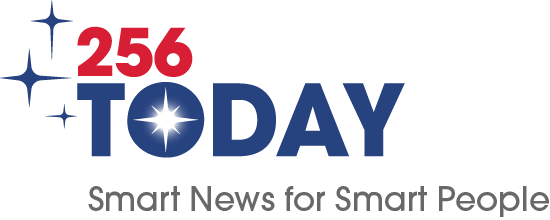HUNTSVILLE – A study conducted by the Nelson A. Rockefeller Institute at the State University of New York shows a strong link between higher education and economic development.
While that not-so-surprising find likely fell into the category of “tell me something I don’t know, the study documented a new trend in advanced workforce development that is changing a decades-long economic development paradigm.
The report found universities can be a key player in economic development, with especially strong links to workforce development, business consulting, and creating an environment for new businesses. The report revealed a new model for economic growth: one modeled more on education and innovation, and less of traditional incentive programs.
Innovation focused higher education that produces a talented workforce, supported by enlightened local governments and chambers of commerce, make for a potent mix for economic development.
The key issue, of course, is workforce development. Technology companies, whose competitive advantages rely heavily on innovation, must be fed, and their fuel is educated people.
Nowhere is this true more than North Alabama, where the partnership among the area’s universities and a growing innovation-oriented economy are producing both supply and demand for highly educated workers.
One must wonder which really comes first. A community wants to bring in the industry, but at the same time you must have the workforce needed to support that industry.
Huntsville has had a culture, dating back to the 1960s, that recognized that we had to have the smartest, most productive, and a high-integrity workforce to bring in the kind of high-quality jobs for people in north Alabama.
This has become overwhelmingly evident during the past 60 years. The workforce at Redstone Arsenal and Cummings Research Park today totals 70,000 jobs. A high number worked their way to college degrees – between 80% and 90% in the RSA/CRP economic zone.
Thousands of area graduates end up at federal agencies and government contractors on Redstone Arsenal and technology companies that populate Cummings Research Park.
A dynamic technological economy fosters changing educational needs. Prospects that need a specific workforce skill set can work with Valley universities to modify or add educational programs designed to fill the gap.
This could involve entirely new degree programs, or other academic options as well. Athens State University has been an aggressive partner in recent years adding several options to its academic inventory both at the bachelors and graduate level.
A few specific examples include: accounting; acquisition and contract management; bioinformatics; aerospace systems management; advanced manufacturing; computer science; cybersecurity; homeland security; corporate security; logistics and supply chain management; information systems management; and management of cybersecurity operations.
Universities can find themselves more and more at the forefront of local and state economic development efforts. Alabama, like other states, continues to offer traditional incentives like tax breaks and infrastructure development, but the state’s public universities can likely offer that one “lead incentive” of knowledge that more businesses find they must have.
This falls in line with the Nelson A. Rockefeller Institute report: “In the economy of the future, the businesses that will have staying power and growth potential will be those most dependent on knowledge – on new ideas, research, new technologies, and university level knowledge for their workers.”
Don’t miss out! Subscribe to our email newsletter to have all our smart stories delivered to your inbox.



